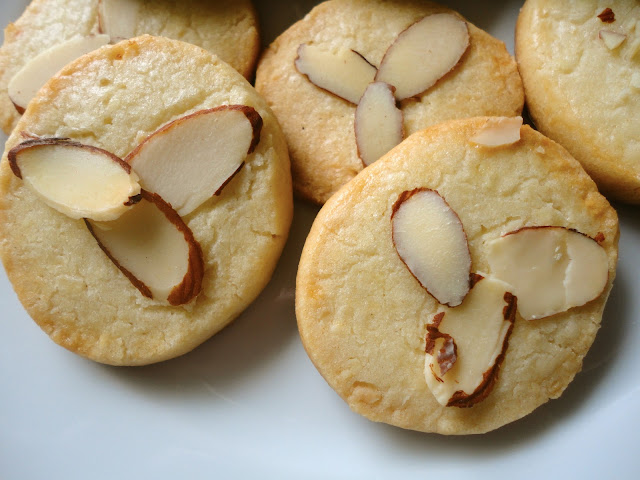Vermont Maple Syrup: What’s in a name?
I’ve been thinking a lot lately about the differences between America’s food culture and Europe’s food culture. Things are changing here in the States but the differences are still numerous. In Europe, there is a general sense that food should be good and real and if possible grown locally by relatively small farms. That’s not to say that Europeans don’t import and export food, they do. And don’t think they don’t eat McDonald’s, they do. As some of you know there are just as many McDonald’s in Paris as there are in Minneapolis – they like les frites.
But for me the most interesting difference is how the European governments regulate what food is called and how it is labeled. For example, to call your parmesan cheese Parmigiano-Regiano it must be made in Parma, Regio-Emilia, Modena, Bologna, or Mantova, Italy. Parmesan cheese produced anywhere else in the world must call itself Parmesan. In addition, the ingredients used (including what the cows are fed) are strictly regulated, as is the cheese-making process. These laws and regulations are similar to appellation laws, which are found in wine-making countries throughout the world and protect the names of regional grapes and wines (in France look for AOC and in Italy, DOC). Europe’s food laws are similar and are built on the Protected Geographical Status framework, which specifies three levels (regimes) of classification designed to protect the names of regional foods. Through agreements with non-EU nations these laws have generally been expanded and are recognized internationally.
So what does all this have to do with Vermont maple syrup? Well, Vermont State law regulates the use of the term maple on products sold in Vermont, as McDonald’s recently found out. Not surprisingly, it appears as though the maple in McDonald’s new Fruit and Maple Oatmeal isn’t real enough for Vermont. Among other ingredients the oatmeal contains “natural maple flavoring”, which means that McDonald’s has two choices: Add real maple syrup to their product or remove the word maple from the product’s name and advertising. Sadly the Vermont law does not apply to maple products sold in other States, but I wonder if it would be cheaper for McDonald’s to apply whatever decision it makes to all States, than to produce a different product or advertising for one? Time will tell.
So what’s in a name? I would say a lot when it comes to food. After all, food is fuel, we all have to eat, and I don’t think wanting to know what you are eating is asking too much.
To read more:
http://www.wcax.com/Global/story.asp?S=13804351


Follow-up: McDonald's made the decision to serve their Vermont customers real maple syrup, while the rest of the world continues to get "natural maple flavoring."
ReplyDelete